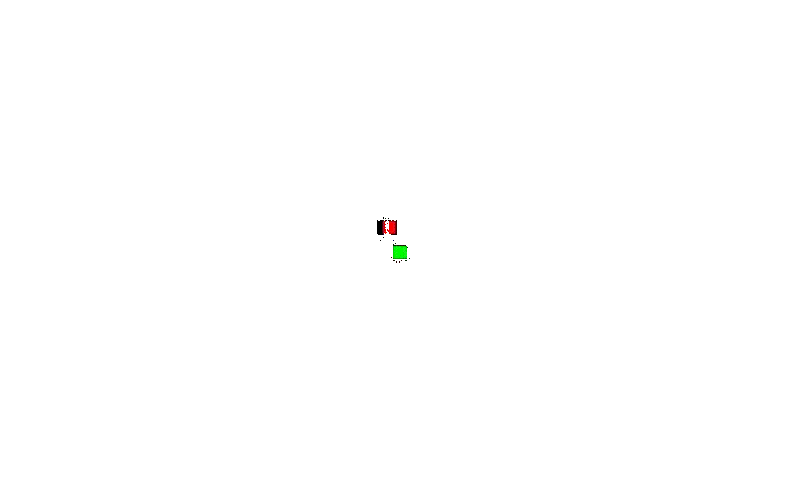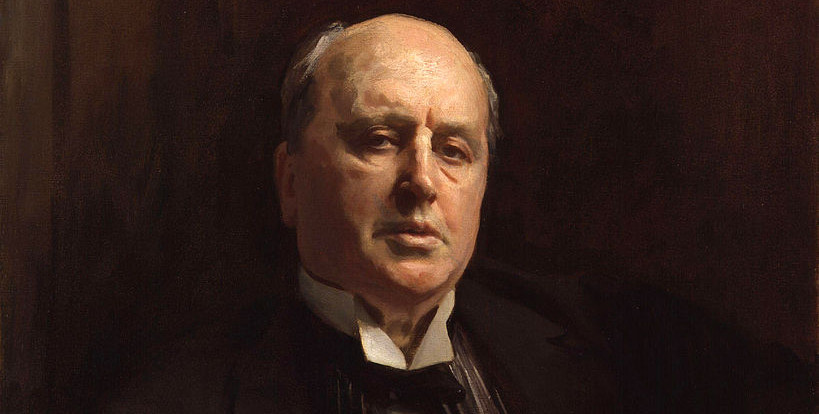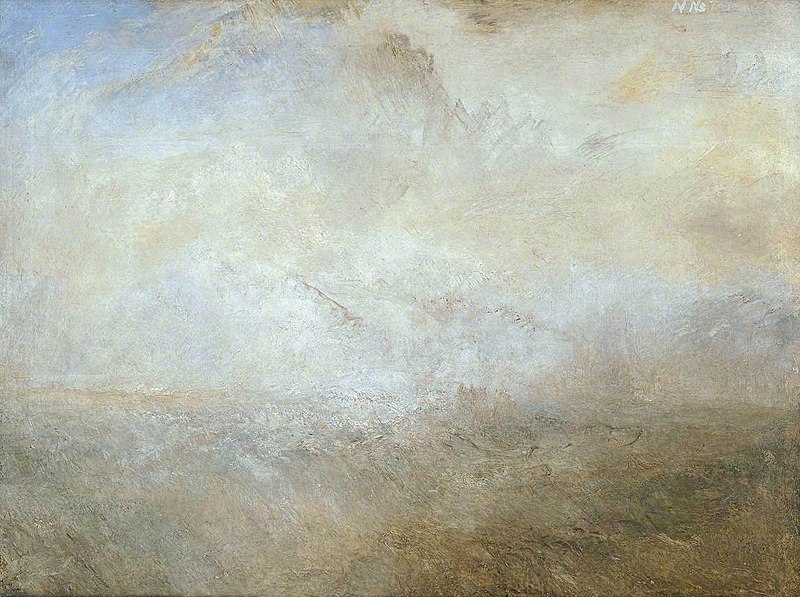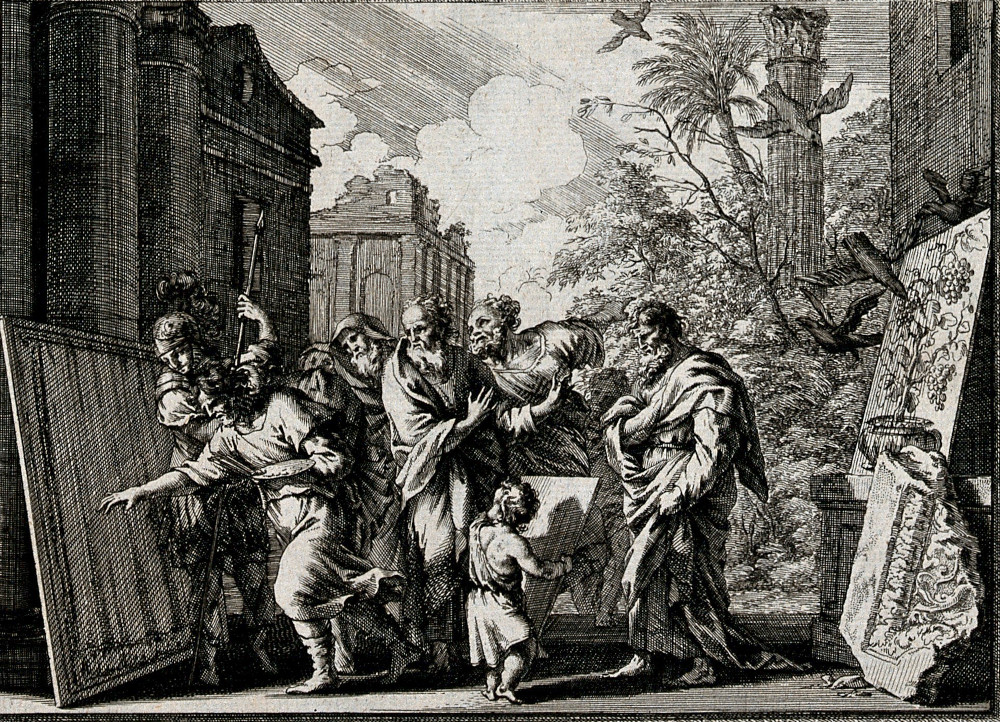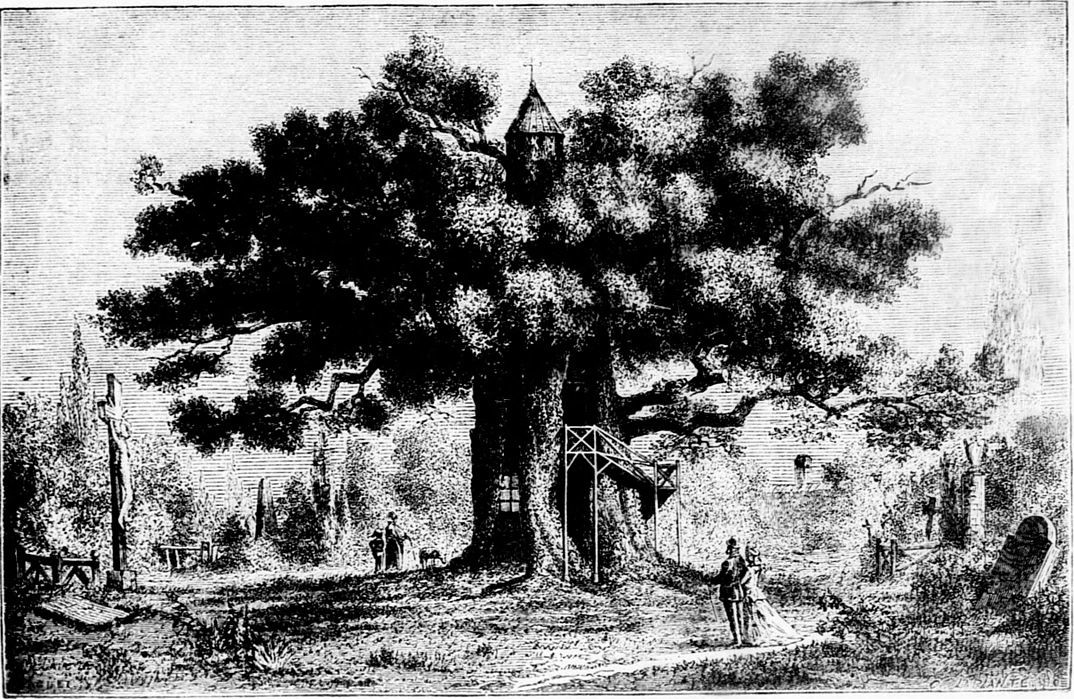Chinese proverbs:
- Enough feathers can sink a boat.
- Laziness in youth spells regret in old age.
- The dog that bites won’t bare his teeth.
- Full of courtesy, full of craft.
- Suspicions create imaginary fears.
- No clouds, no rain; no rules, no gain.
- One fight sullies two persons; one compromise benefits two persons.
- Walk a road and it becomes familiar; do a job and it becomes easy.
- Worry doesn’t seek out people — people find worry on their own.
- Three people of a common mind can conquer the world.
- The going is toughest toward the end of a journey.
- The guilty party is the first to sue.
- If you fall down by yourself, get up by yourself.
- Thieves in the dark hate the moonlight.
- Every drama requires a fool.
- Perseverance is worth more than a vast estate.
- Prolonged illness makes a doctor of a patient.
- Smart people also do stupid things.
- The masses decide what is right and wrong.
- Gossip won’t harm a good person as stirring won’t spoil good wine.
And “Learning is like paddling a canoe against the current — you will regress if you don’t advance.”


